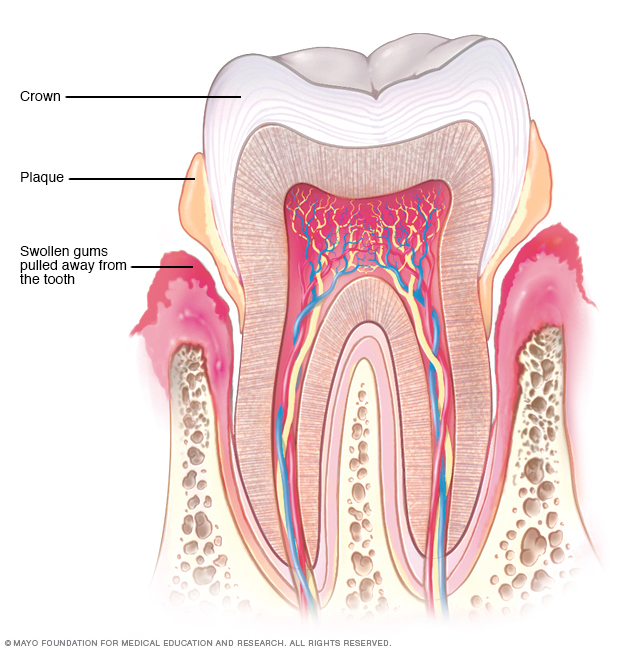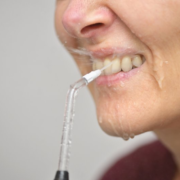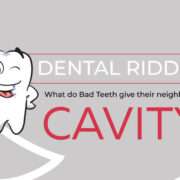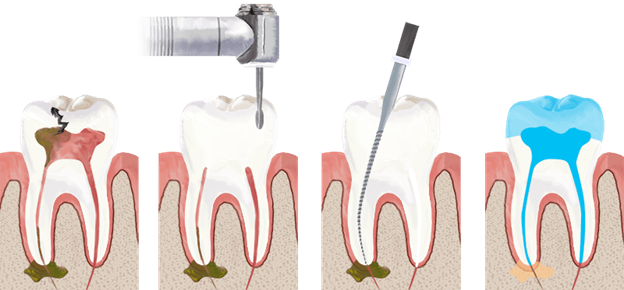If you have periodontal or gum disease, your dentist and hygienist will monitor the condition regularly. But what do you do if you think things are getting worse? Do you ignore it, continue to brush and floss as usual and hope for the best, or alert your dental team that something is not right? It’s a tricky decision, but failing to take action can have serious consequences. Left untreated, periodontal disease can lead to tooth loss, which has been directly linked with other serious health conditions including diabetes and cardiovascular disease. The signs that your periodontal disease is getting worse might be obvious — or they may not be. The key is knowing what red flags to look for and when to take action.
Gums bleed when you brush | Periodontal disease
Bleeding gums could mean you’ve developed more pockets in your gums. Pockets are the places where bacteria collect and is not easily removed. When you brush and floss, the bacteria is dislodged and travels through the bloodstream, causing your gums to bleed. Some patients have no symptoms at all, so if this is happening to you, don’t ignore it. If left untreated, pockets can get deeper, increasing your risk of losing your teeth.
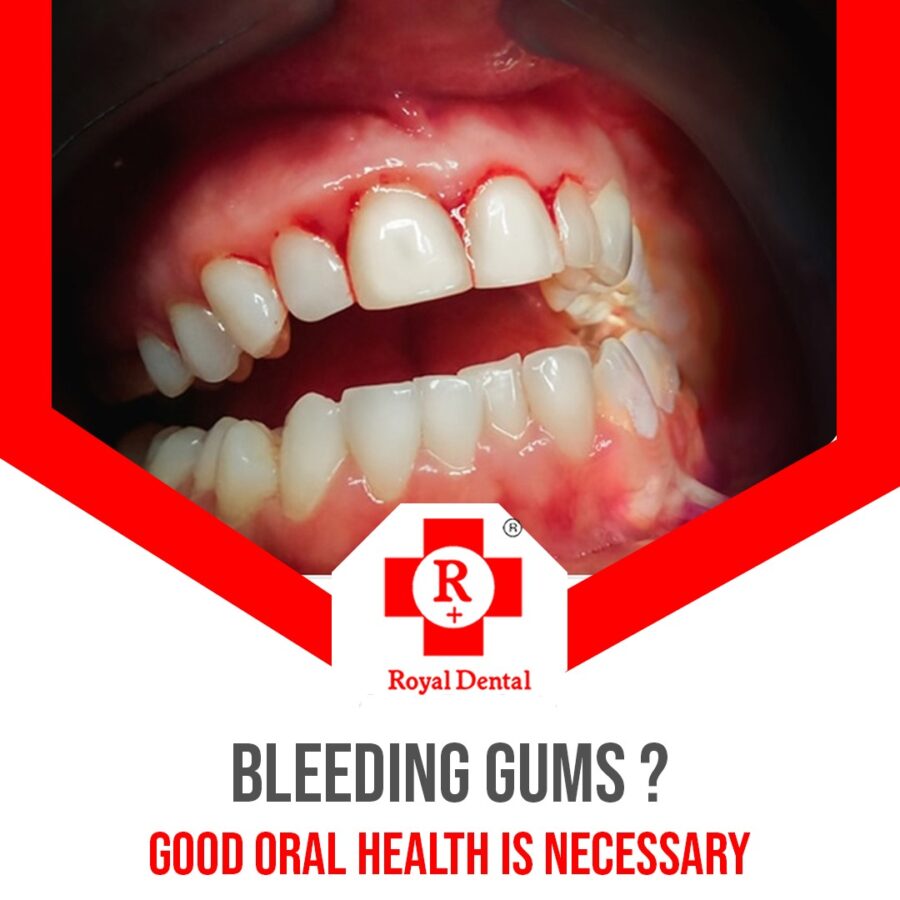
Your dental hygienist tells you more tissue needs to be removed.
If your hygienist notices more pockets or deeper ones than last time, you may need to have some teeth extracted. If you have a lot of teeth with periodontal disease, you may be given the option of removing a few teeth or the entire mouth of teeth. The choice is up to you. The important thing to remember is that you don’t have to live with the pain and discomfort of periodontal disease. It’s important to talk to your hygienist about treatment options as soon as you notice something’s wrong. The sooner you start treatment, the better your chances are of halting the progression of the disease and saving your teeth.
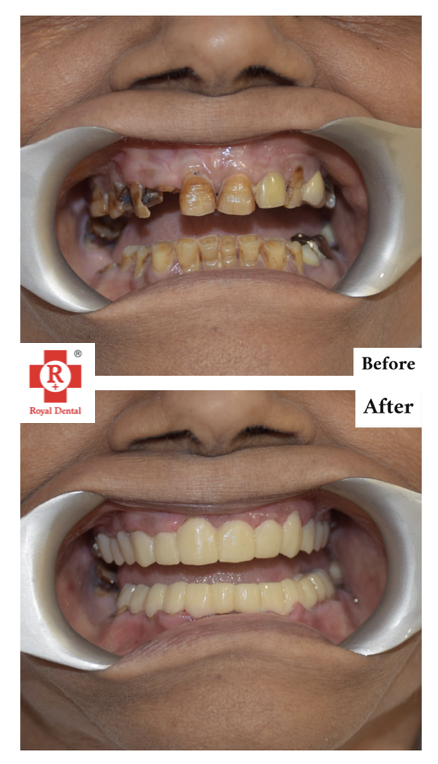
Dentist feels a new bump on your gum | Periodontal disease
A bump on your gums may be a sign that a cyst is developing. A cyst is a pocket of pus that forms when your gum tissue can’t fight off an infection. The bump may be painful, red and/or tender to the touch. You may notice increased swelling in the area, as well. If left untreated, the infection could spread to other parts of your body, including your heart.
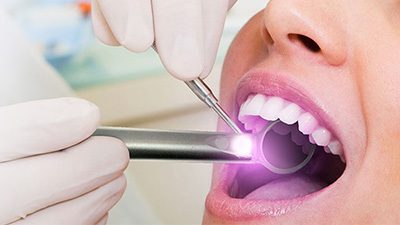
Your dentist may recommend antibiotics to treat the infection and reduce your risk of complications. If you have a cyst located near your wisdom tooth, you may experience increased pain and swelling in the area, which could indicate an abscess. An abscess is another type of infection. Your dentist may drain it to reduce the risk of complications.
Teeth look discoloured and sensitive | Periodontal disease
Swelling in your gums could mean you have a pocket deep enough to cause a root canal. If bacteria from the pocket travels through your bloodstream to your central nervous system, it can cause a condition called acute bacterial endocarditis.
This is a serious condition that can lead to heart infections and even death. Root canals are a type of dental surgery to treat infected teeth. If the tooth was badly damaged before you got the infection, you might need a crown or a bridge to restore the tooth. If it is your front tooth, it may be best to have it removed.
This way, you will have a toothless gap instead of a tooth with a big hole in it. If you are experiencing tooth sensitivity and discolouration, you need to see a dentist right away. You may have a cracked tooth or a cavity that needs to be treated immediately to prevent further damage.
The bottom line
If you notice any of these signs, don’t ignore them. The longer you go without treatment, the more damage is being done to your teeth and your overall health. The best way to prevent periodontal disease is through proper dental hygiene. That includes regular brushing and flossing, as well as visiting the dentist for a check-up and cleaning once a year.

